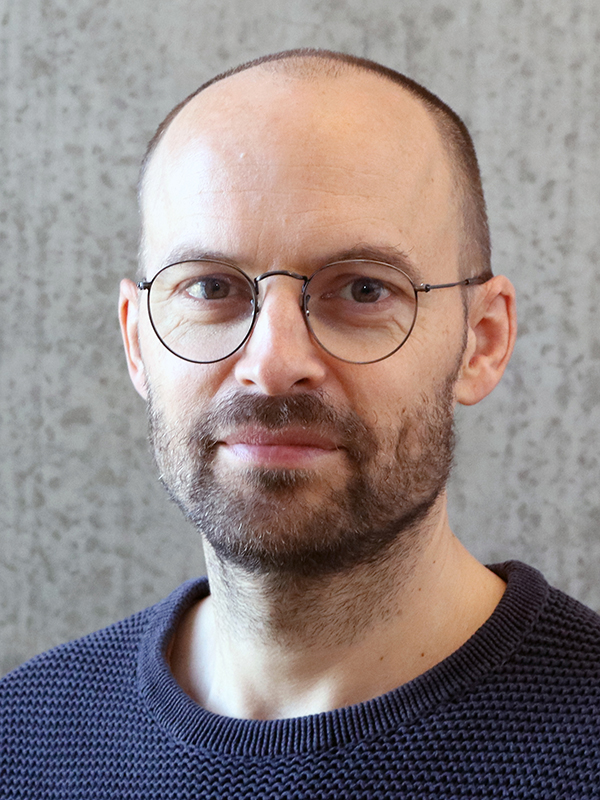About HEMATOLOGICAL cancers
Hematological cancers originate from the hematopoietic system, encompassing two major groups - lymphoid and myeloid cancers.
Individual hematological cancers are rare diseases with substantial differences in biology and diverse outcomes. Hence, successful research in hematological cancers requires collaboration and a multidisciplinary approach.
Research focus of the hematological cancer group
Improve knowledge about the epidemiology and risk factors for hematological cancers
An understanding of treatment outcomes and complications to facilitate the development of preventive strategies, advance treatment strategies, and ultimately improve patient outcomes
Bridge basic and clinical research disciplines to develop a more comprehensive understanding of the etiology of hematological cancers, and how disease biology influences treatment outcomes facilitating precision medicine approaches
Our core expertise areas
- Epidemiology and real-world data studies that examine risk factors, outcomes, and treatment complications in patients with hematological cancers
- Molecular genetics studies for more precise and advanced diagnostics and prognostication, uncover mechanisms of drug resistance, support measurable residual disease (MRD) evaluation for monitoring treatment response, and assist the development of gene-editing techniques for therapeutic innovations
- Cancer biology and immunology methodologies to investigate the tumor microenvironment in samples from hematological cancer patients at the single-cell level including multiparameter flow cytometry, single-cell RNA sequencing, and spatial transcriptomics
- In vitro studies using cell lines and primary cells from patient blood and bone marrow to investigate the interplay between cancer cells and immune cells, including the effects of different clinically approved and pre-clinical drugs
Our way of working
Good science requires multidisciplinary competencies and collaborations.
As a group, we focus on three areas. We want to form partnerships with other academic groups including international collaborations, and collaborate with different stakeholders, such as industry and authorities. Furthermore, we want to build and maintain a healthy, inclusive, and stimulating work environment within the research group.
We are located at the Department of Molecular Medicine (MOMA), and our senior researchers are all affiliated with the Department of Hematology and the Department of Clinical Medicine at Aarhus University Hospital. Some researchers are also affiliated with the Department of Clinical Epidemiology at Aarhus University. Our research projects typically originate from our clinical work and experience.
Come work with us!
We focus on an open and inclusive work environment. We share ideas and support each other both in research projects and applications for funding.
We have a strong focus on education and nurturing future researchers. Both pre- and postgraduate students are very welcome to take part in our research. You do not have to be employed at the Department of Molecular Medicine (MOMA) to work with us.
Contact


Tarec Christoffer El-Galaly
Clinical professor (Hematology), MD, DMSci

Morten Nørgaard Andersen
Assoc. Prof., MD, PhD, Specialist registrar (Hematology)
.png)










